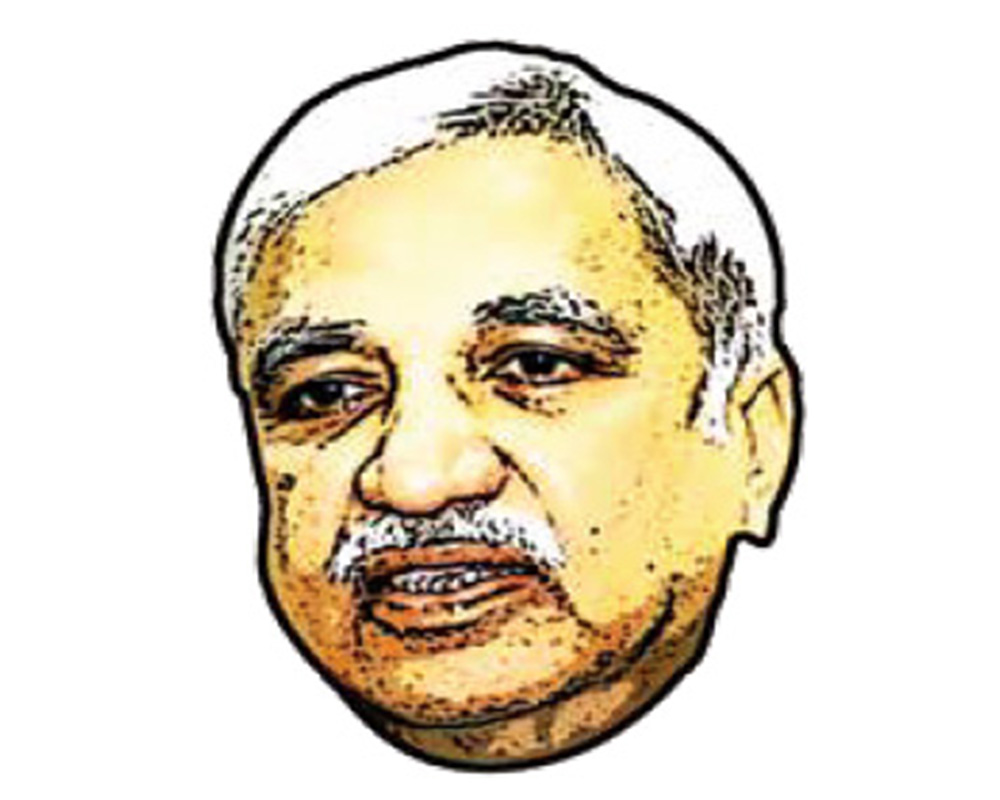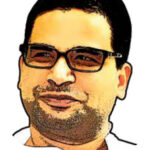Chief Election Commissioner Sunil Arora, a 1980-batch IAS officer of the Rajasthan cadre, is a very soft spoken and humble civil servant. He will be an officer who will remain in the news for the next three months as he is in charge of the upcoming general elections. While remaining calm and composed, he carries his ammunition (information book of election commission) with him to answer controversial questions. He recently released a book ‘The Great March of Democracy: Seven Decades of India’s Elections’ edited by former CEC SY Quraishi, where he said the Election Commission looks humongous but we are only 550 odd government servants who manage the elections but at the time of general elections it grows to a workforce of up to 11 million. Quraishi was very candid when he said many electoral reforms are pending for long, due to lack of political will or plain lethargy. In the book’s foreword, former president Pranab Mukherjee writes that the abuse of money and muscle power to influence voters remains a cause of concern. The audience wanted to know about simultaneous elections and Arora did not blink for a second when he replied, “we had simultaneous elections till 1967 but the cycle got disrupted for various reasons.” He said that the political systems of the country will have to take steps to align the life of a state assembly with the life of the Parliament, in order to achieve this desirable goal of simultaneous elections. In sum, everybody seems to feel that if politicians desire to reform the election process they can do so but vested interests have held back not only the present regime but the earlier political bosses too.
- Cover Story
- Governance
- Global Scan
- Corruption
- State Scan
- Talk Time
- Bric a Brac
- Big Boss
- Cover Story
- Books
- Bric a Brac
- By the Way
- Digging It Out
- Diplomacy
- Editorial
- Eyes Wide Shut
- First Stirrings
- Gfiles Awards
- Governance
- Perspective
- Personality
- Stock Doctor
- Tracking
Recent Posts
© Copyright 2007 - 2024 Gfiles India. All rights reserved powered by Aerial Infotech.
Recent Posts
Related Articles
By the WayNo Women, No Kids. That’s the rules!
Written by Alam Srinivas and Anil Tyagi This is a riddle that not more than...
ByAlam Srinivas and Anil TyagiApril 23, 2025By the WayA New Newspaper in A Town Of #NewIndia
Written by Team These days the media grapevine in Lutyens’ Delhi is buzzing...
ByTeamMarch 26, 2025By the Way‘Saffron Nirmala Sitharaman in Hindu office’
Written by Team FM Nirmala Sitharaman, who has presented a record-breaking seven consecutive...
ByTeamMarch 20, 2025By the WayIs NitishKumar suffering from dementia!
Written by Gfiles Team The whispers are growing into loud decibels. From the...
ByGfiles TeamDecember 28, 2024 - Governance

















































